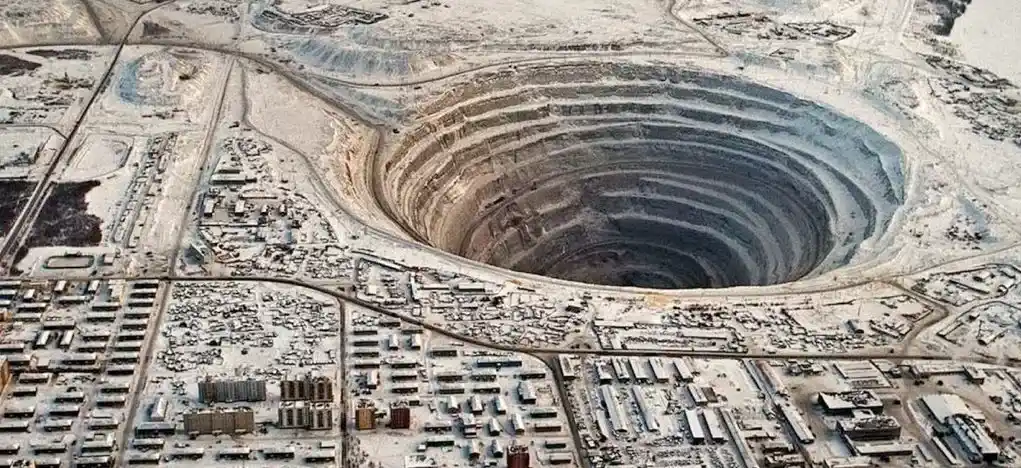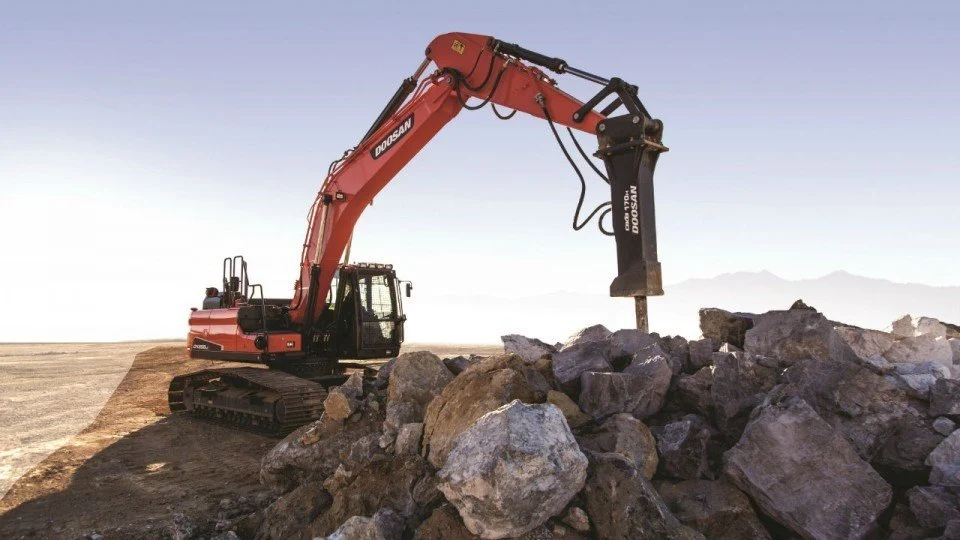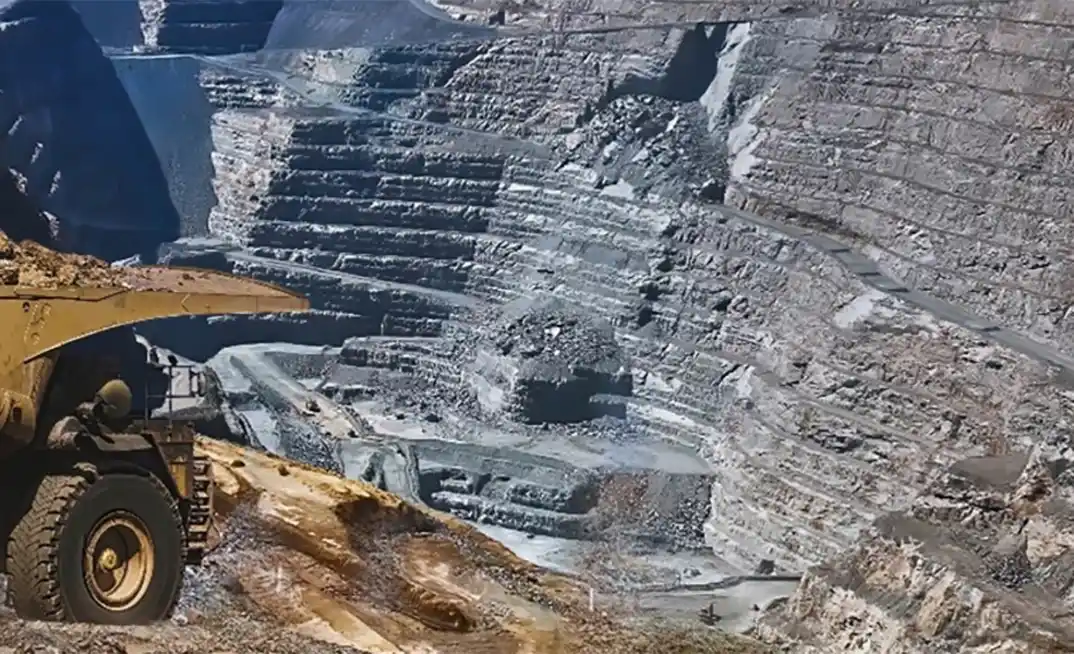Exploring Quarry Operations: Types, Processes, and Importance in Construction
What is a Quarry?
A quarry is a designated site where materials like stone, sand, gravel, and minerals are extracted, mainly for use in construction. Quarrying provides essential raw materials for infrastructure projects like roads, buildings, and bridges, making it a cornerstone of the construction industry.
The quarrying process involves selecting a site, excavating, and processing raw materials, transforming them into usable resources for construction. These materials include limestone, granite, sand, and other aggregates essential for creating concrete, asphalt, and other construction materials.

Types of Quarries and Their Functions
Limestone Quarry
Limestone is a crucial material in cement production and road construction due to its strength and durability. Limestone quarries are essential for producing raw materials needed in various construction applications.Sand and Gravel Quarry
These quarries provide sand and gravel used in concrete and asphalt production, supporting infrastructure projects such as highways, airports, and runways.Granite Quarry
Granite is prized for its strength and aesthetic appeal, commonly used in countertops, flooring, and outdoor landscaping projects.Slate Quarry
Slate quarries produce slate, a durable and weather-resistant material often used for roofing, flooring, and wall tiling.Basalt Quarry
Basalt is robust and heat-resistant, ideal for foundational projects, railway ballast, and other heavy-duty applications.
Key Steps in Quarry Operations
1. Site Survey and Selection
Identifying a quarry site involves analyzing resource quality, accessibility, and environmental impact. Thorough surveys ensure the suitability and long-term viability of the quarry.
2. Extraction and Mining
Quarry extraction is the primary phase and involves using heavy machinery like excavators, wheel loaders, and mobile crushers to obtain material from the site efficiently.
3. Material Processing
Once extracted, materials are crushed and screened to meet specific size and quality standards required for construction applications.
4. Transportation of Materials
After processing, quarry materials are transported to concrete plants, construction sites, or other destinations for use.
The Role of Quarries in the Construction and Mining Industries
Quarries provide critical raw materials that support various construction projects. Quarry materials are indispensable for producing concrete, asphalt, and other essential components of infrastructure.
– Enhancing Local Economy
Quarries often create employment opportunities for the local community and boost regional economic growth.
– Supporting Infrastructure Development
Quarry materials serve as the foundation for countless construction projects, making quarrying essential for sustainable infrastructure development.

Common Equipment Used in Quarrying
Excavators
Excavators perform heavy-duty digging and material transportation within the quarry.Wheel Loaders
Loaders are instrumental in gathering and loading materials into processing machines or transport trucks.Crushers
Crushers break down large rocks into smaller, usable sizes, meeting the specific needs of construction applications.Screening Equipment
Screens separate materials by size, ensuring the end product meets required specifications.Dump Trucks
These large trucks transport materials from the quarry to processing facilities or construction sites.
Challenges in Quarry Operations
Environmental Impact
Quarrying can create dust, noise, and landscape changes, impacting local ecosystems. Many modern quarries adopt sustainable practices to minimize these effects.Worker Safety
Quarries are high-risk areas. Ensuring safety through training, maintenance, and adherence to safety protocols is essential for preventing accidents.Heavy Equipment Maintenance
Frequent maintenance of quarry machinery is vital to avoid breakdowns and ensure productivity.
Advancements in Quarry Technology
Modern technology has revolutionized quarry operations, making them safer and more efficient.
– Remote Monitoring Systems
Remote monitoring allows quarry managers to oversee equipment from a distance, improving safety and operational efficiency.
– Load Sensors
Load sensors prevent overloading, protecting equipment from wear and tear and extending its lifespan.
– Hybrid Machinery
Hybrid equipment reduces fuel consumption and carbon emissions, making quarrying more eco-friendly.
SSC Works: Reliable Quarry Equipment Repair and Maintenance Services
Quarry operations rely heavily on robust equipment to maintain productivity. SSC Works offers comprehensive maintenance and repair services for essential quarry machinery, from crushers to excavators, ensuring your operation remains efficient and uninterrupted. With our experienced technicians, SSC Works provides tailored solutions to support the success and sustainability of your construction projects.
Rely on SSC Works to keep your quarry equipment at peak performance, ready to tackle the demands of your project with expertise and reliability.

